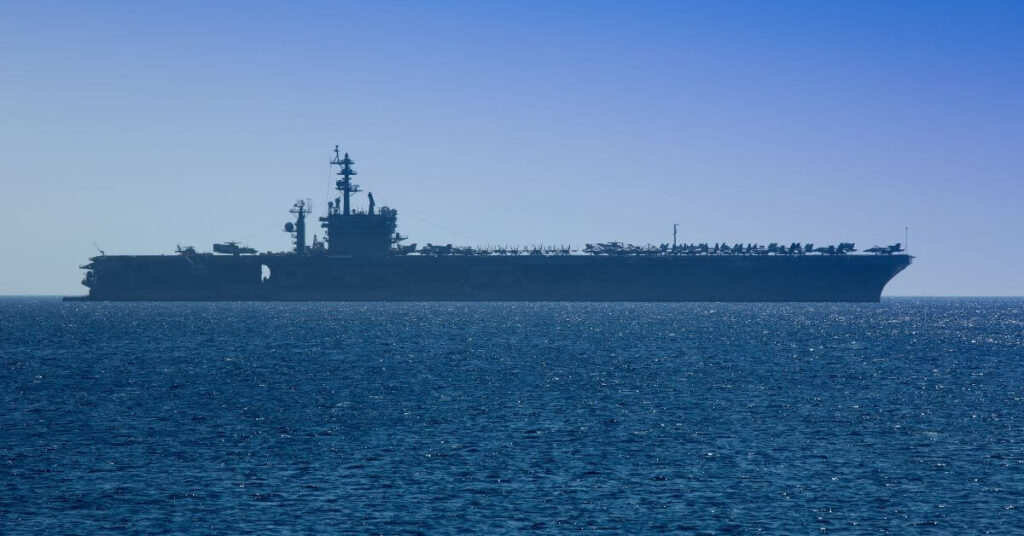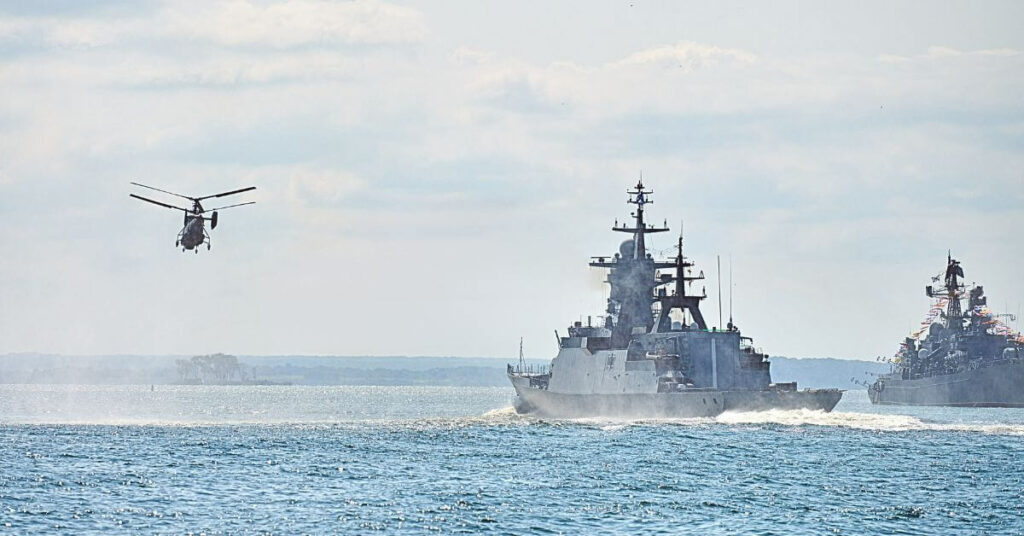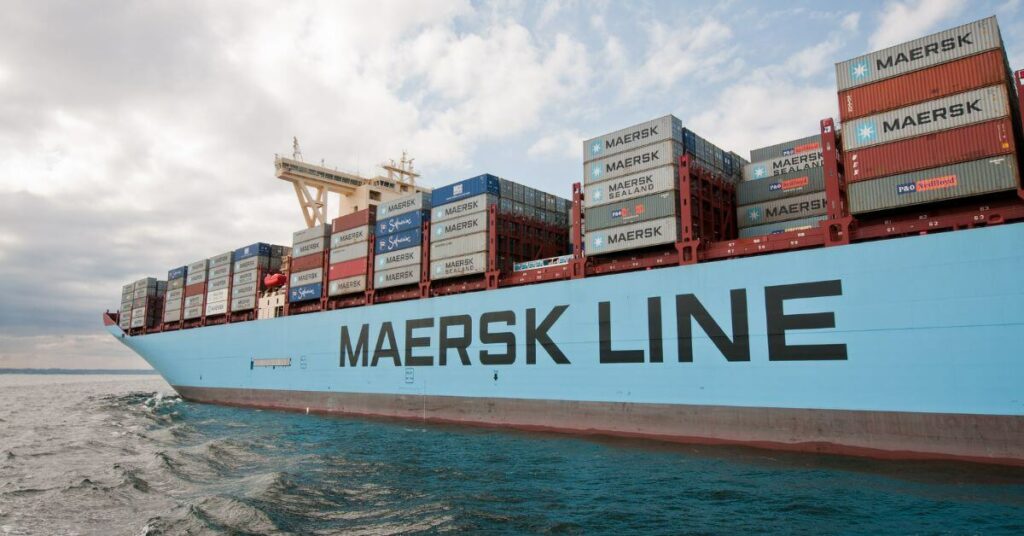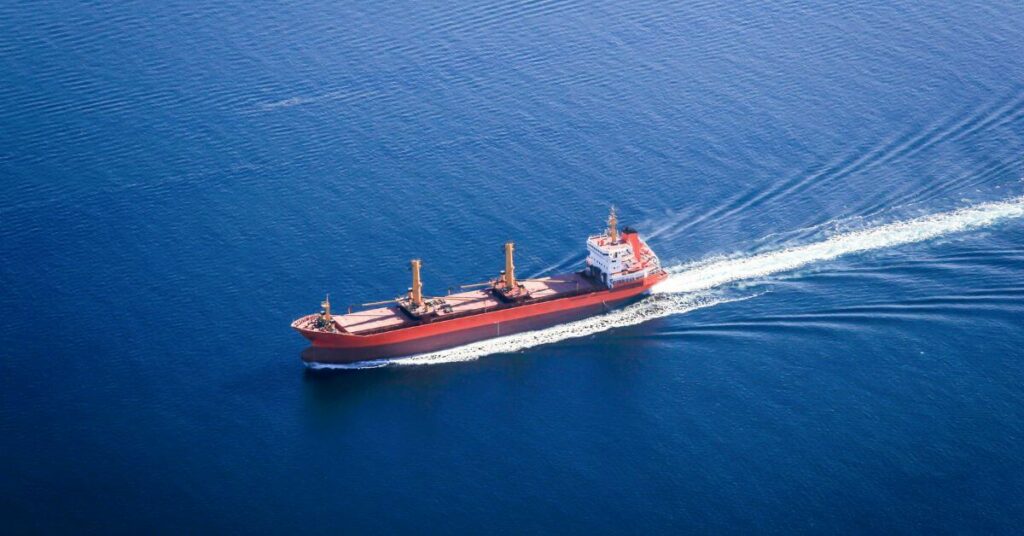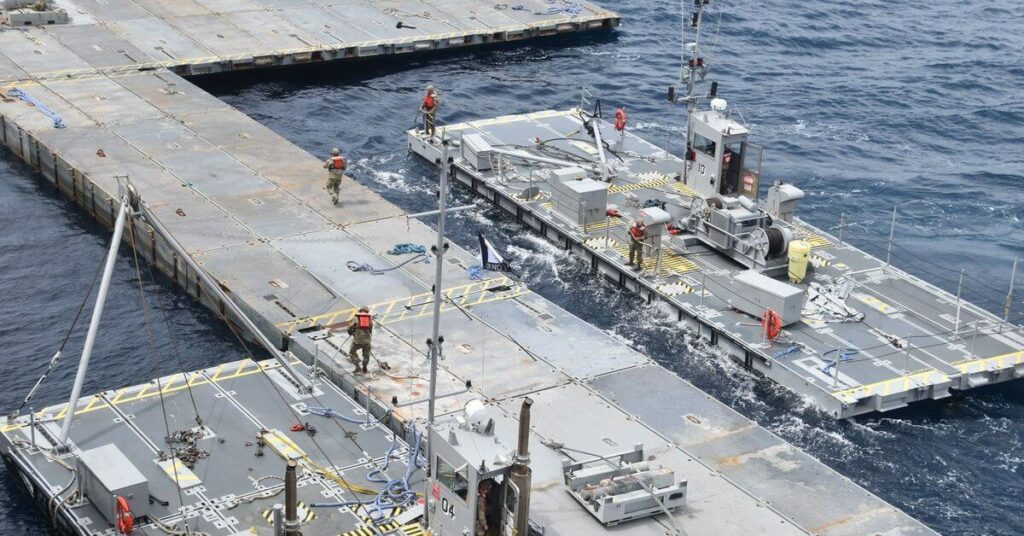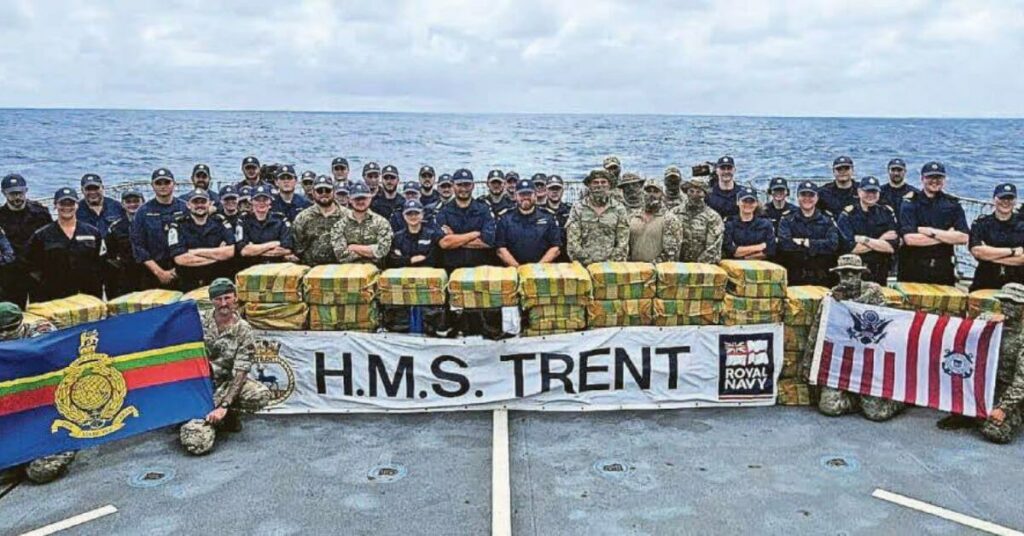New Study Explores Antarctic’s Mysterious Sea Ice Decline

In a recent study conducted by Dr Babula Jena and coworkers from the National Centre for Polar and Ocean Research (NCPOR), in association with the British Antarctic Survey, researchers delved into the conditions that are causing unprecedented delays in Antarctic Ice Expansion and ice retreat of the annual ice maximum in 2023.
The Arctic has lost significant sea ice over the last decade due to global warming, whilst the Antarctic saw a mild growth until 2015, followed by a sharp decline since 2016.
This decline continued with extremely low sea ice conditions observed every summer between 2016 and 2023.
In 2023, there was an unprecedented slow ice expansion or retreat before the annual maximum on September 7, with an ice extent of 16.98 million km2, 1.46 million km2 less than the long-term average.
The analysis highlights the impact of excessive upper-ocean heat and significant atmospheric circulation changes on limiting ice expansion in 2023.
These changes, particularly the deepening of the Amundsen Sea Low and its eastward shift, resulted in significant northerly flow across the Weddell Sea, keeping the ice edge south of its regular position.
The Ross Sea also underwent rapid ice extent changes due to the record-breaking strengthening of an air block, which caused strong northerly winds off the Ross Ice Shelf.
The consequences of unprecedented ocean-atmospheric warming, wind shifts, heat fluxes, severe winds, and high ocean waves associated with polar storms contributed to Antarctica’s record low ice cover.
Cyclones caused extremely slow ice expansion or retreat, such as the ice edge in the Weddell Sea rapidly moving southward, resulting in significant ice area loss.
These low ice conditions are expected to have various effects, including increased global warming through the ice-albedo feedback cycle, ice shelf stability, ocean circulation, the southern Ocean’s ecosystem and sea level rise.
Despite satellite observations spanning only about 45 years, it is difficult to assess the decrease in ice extent over the last seven years and the current reduction in ice growth as part of a long-term decline, as projected by climate models.
Both natural climate variability and anthropogenic factors play essential roles.
Further research is needed to understand the connection between the region’s anthropogenic forcing and climatic variability.
The National Centre for Polar and Ocean Research (NCPOR), part of the Ministry of Earth Sciences, leads India’s polar and Ocean research.
Reference: PIB
Disclaimer :
The information contained in this website is for general information purposes only. While we endeavour to keep the information up to date and correct, we make no representations or warranties of any kind, express or implied, about the completeness, accuracy, reliability, suitability or availability with respect to the website or the information, products, services, or related graphics contained on the website for any purpose. Any reliance you place on such information is therefore strictly at your own risk.
In no event will we be liable for any loss or damage including without limitation, indirect or consequential loss or damage, or any loss or damage whatsoever arising from loss of data or profits arising out of, or in connection with, the use of this website.
Disclaimer :
The information contained in this website is for general information purposes only. While we endeavour to keep the information up to date and correct, we make no representations or warranties of any kind, express or implied, about the completeness, accuracy, reliability, suitability or availability with respect to the website or the information, products, services, or related graphics contained on the website for any purpose. Any reliance you place on such information is therefore strictly at your own risk.
In no event will we be liable for any loss or damage including without limitation, indirect or consequential loss or damage, or any loss or damage whatsoever arising from loss of data or profits arising out of, or in connection with, the use of this website.
About Author
Marine Insight News Network is a premier source for up-to-date, comprehensive, and insightful coverage of the maritime industry. Dedicated to offering the latest news, trends, and analyses in shipping, marine technology, regulations, and global maritime affairs, Marine Insight News Network prides itself on delivering accurate, engaging, and relevant information.

About Author
Marine Insight News Network is a premier source for up-to-date, comprehensive, and insightful coverage of the maritime industry. Dedicated to offering the latest news, trends, and analyses in shipping, marine technology, regulations, and global maritime affairs, Marine Insight News Network prides itself on delivering accurate, engaging, and relevant information.
Do you have info to share with us ? Suggest a correction
Latest Shipping News Articles You Would Like:
Daily Maritime News, Straight To Your Inbox
Sign Up To Get Daily Newsletters
Join over 60k+ people who read our daily newsletters
By subscribing, you agree to our Privacy Policy and may receive occasional deal communications; you can unsubscribe anytime.




